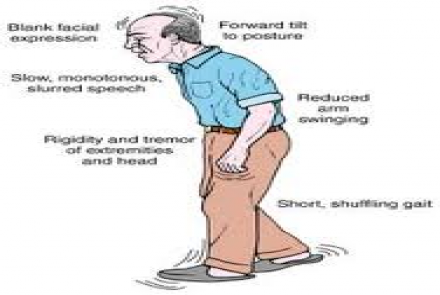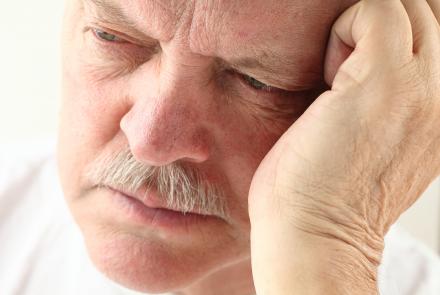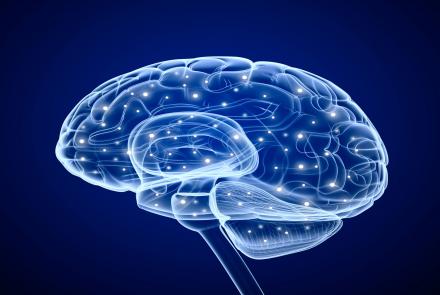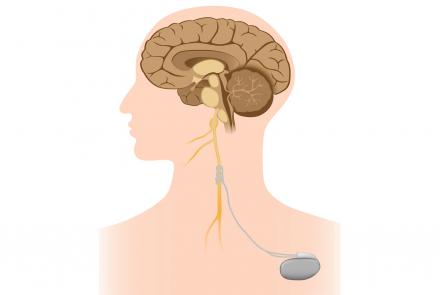
Practical Tips on how to handle Dehydration among people with Parkinson's. And 6 Healthy Eating Tips.
DEHYDRATION
Dehydration, or loss of balance of bodily fluids, is a problem commonly faced by PwPs, but is often mistaken for other symptoms of the disease, because it tends to cause dizziness, weakness, constipation etc.”
Dehydration is common amongst PwPs, due to the following reasons:
- Due to specific symptoms of PD, such as urinary frequency, swallowing difficulties, slowness & rigidity of movement which causes eating & drinking difficulties, PwPs tend to avoid drinking water & fluids.
- As a direct effect of PD, & the side – effects of medications, PwPs tend to naturally experience dehydration.
- Loss of bodily fluids may also be caused by excessive sweating, urination and drooling, commonly seen in PwPs.
However, it is crucial to avoid dehydration and its effects, as this may exacerbate existing symptoms of PD like constipation & dryness of mouth.
There are two ways to prevent dehydration:
- Increasing fluid intake
- Reducing fluid loss
In order to increase fluid intake, one may do the following:
- Make a conscious effort to drink water. Drink atleast 8 glasses of water a day.
- Flavor – enhancers can be added to water, to make it interesting.
- Incorporating healthy drinks like milk, natural fruit/ vegetable juices, & water rich foods (juicy fruits/ vegetables/ soups/ stews).
Reducing fluid loss, is another important way to prevent dehydration. This can be taken care of in the following ways:
- Avoid consuming tea & coffee & alcohol, as these act as diuretics, depleting the bodies supply of fluids.
- Try to keep your body and environment cool at all times.
6 HEALTHY EATING HABIT TIPS
- You must include all 5 nutrients in every meal. Remember the eatwell plate
- Drink at least 8 glasses of water during the day.
- Eat natural laxatives — vegetables, and foods high in fiber to prevent or relieve constipation.
- Eat small meals every 2 hours to have a constant source of energy.
- Eat all foods in moderation.
- Try to take your medications on an empty stomach if you do not experience nausea.












